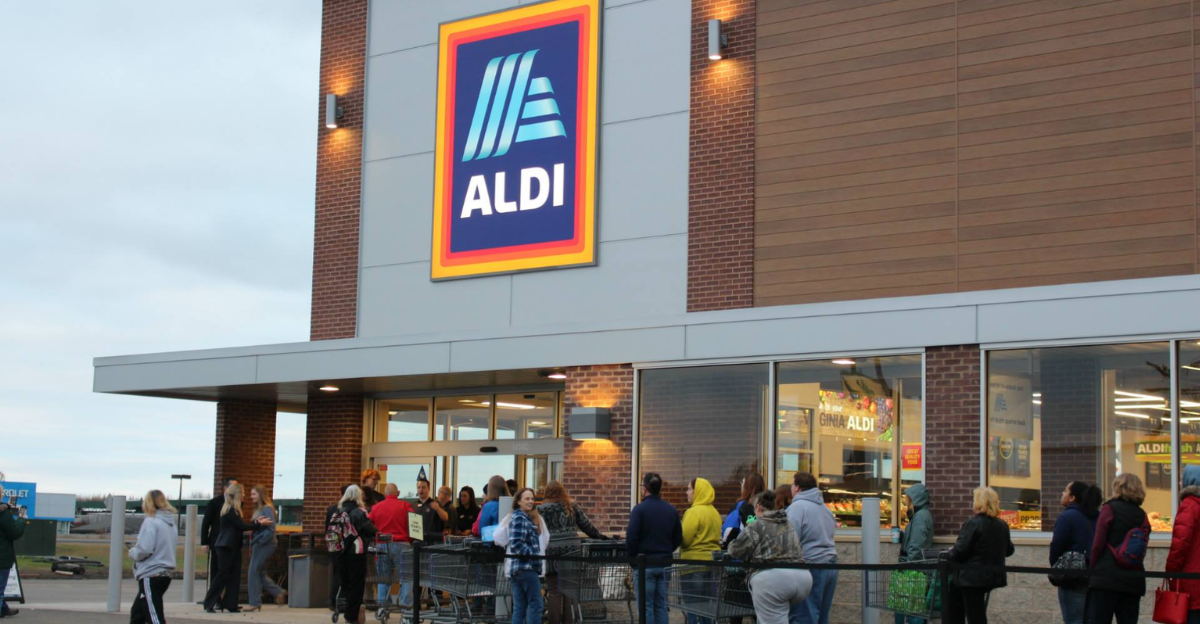
Once celebrated as the budget-savvy shopper’s dream, Aldi built its name on efficiency, low prices, and simplicity. But recent trends suggest the glow may be fading. Loyal customers are starting to question whether Aldi’s signature model still delivers real value.
Concerns over quality, limited selection, and lackluster service are adding up, prompting some to explore other options. The very hallmarks that once made Aldi a disruptor—no-frills stores, minimal staff, and private-label dominance—are increasingly seen as drawbacks rather than strengths.
Has Aldi reached a tipping point where savings no longer outweigh the hassle? Below are eight reasons why even longtime fans are beginning to walk away, and why you might want to rethink your next grocery run to the discount chain.
1. Quality Compromises—When Freshness Isn’t Guaranteed
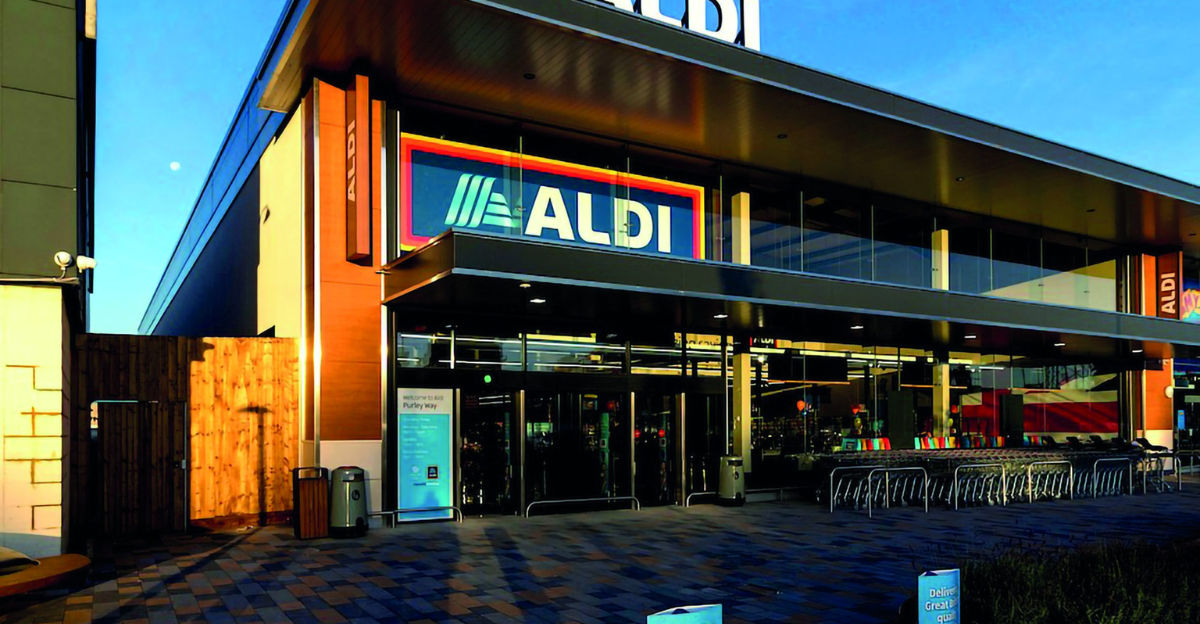
Aldi’s cost-cutting strategies sometimes show where it matters most: product quality. Frequent complaints from shoppers highlight issues with freshness—think moldy berries, bruised produce, or improperly chilled meat.
Such incidents suggest breakdowns in cold chain logistics or poor store-level handling. While traditional supermarkets maintain strict quality checks, Aldi’s lean staffing can result in missed restocks or mishandled items. For customers who prioritize food safety and want their groceries to last beyond a day or two, these concerns create serious doubts.
When produce spoils too quickly or meat feels unsafe, the initial savings feel less like a bargain and more like a gamble. Shoppers increasingly ask: is shaving a few dollars off the bill worth compromising what ends up on your plate?
2. Limited Choices—The Hidden Cost of Simplicity
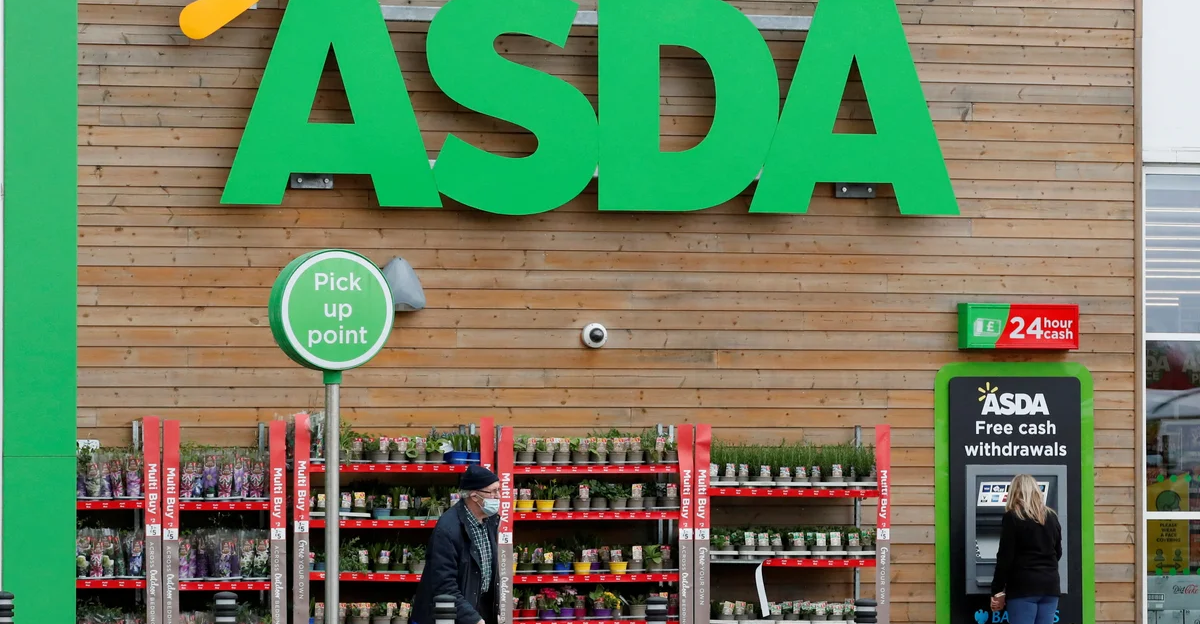
One of Aldi’s defining features is its slim inventory—around 1,400 products, compared to the 30,000 or more at a typical grocery store. While this helps keep costs low, it also restricts customer choice. Shoppers often find themselves unable to purchase favorite brands or specific dietary items.
The heavy reliance on private labels, while sometimes beneficial, leaves little room for customization. Many end up supplementing their Aldi haul with a second trip to another store, undermining the “one-stop-shop” convenience most consumers prefer. Over time, these detours feel like a chore.
For anyone with niche preferences or a packed schedule, the tradeoff becomes clear: Aldi’s simplicity might actually cost you more in time, energy, and extra errands just to complete your shopping.
3. The Price Creep—When “Discount” Stops Being Cheap

For years, Aldi’s affordability was its most powerful draw. But lately, shoppers have noticed a different trend: prices are inching up. In some categories, particularly toiletries and household goods, Aldi’s prices now match—or even surpass—those of competitors.
This is especially true where there’s no private-label option to provide savings. Inflation and global supply chain issues are partly to blame, but they affect all retailers, not just Aldi. The difference is that when Aldi’s prices creep closer to everyone else’s, its sparse selection and bare-bones experience become harder to justify.
For shoppers weighing convenience, service, and quality alongside cost, the math no longer works in Aldi’s favor. If the discount disappears, so too does the main reason people shop there.
4. Customer Service
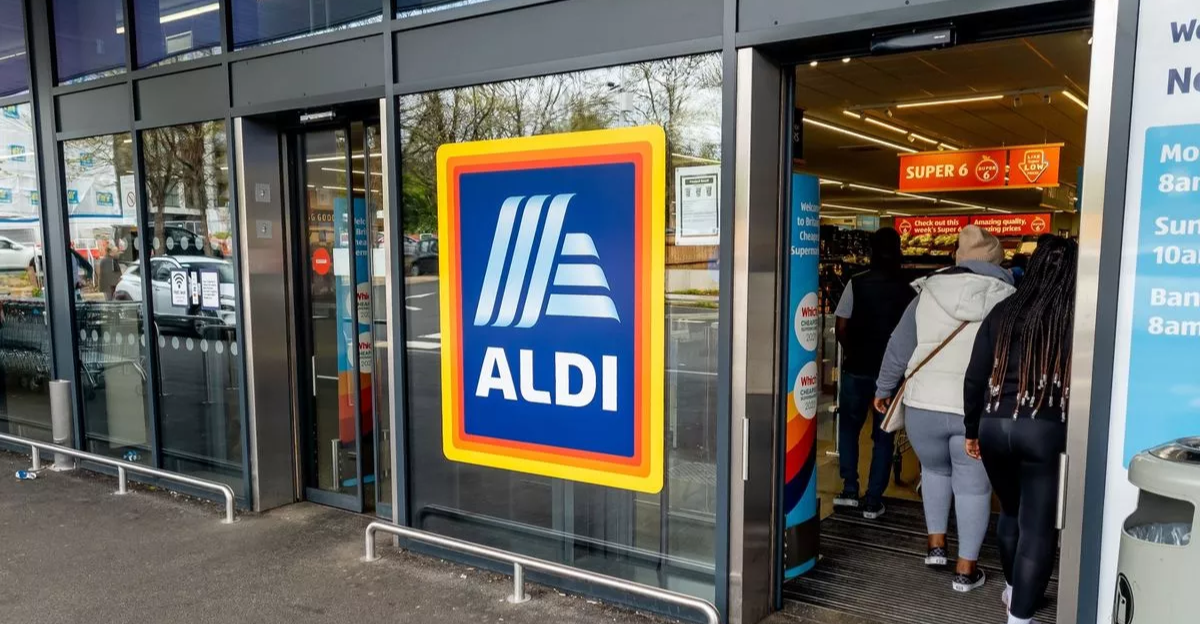
Aldi’s streamlined staffing model is efficient on paper—but it often leaves customers stranded. Many shoppers report difficulty finding help when needed, whether to locate an item, resolve a billing error, or process a return.
The absence of service counters or sufficient staff can make small problems feel like big ordeals. When a refund for moldy produce turns into a hassle, or checkout lines grow long with no relief in sight, Aldi’s lean operation begins to look like neglect rather than efficiency.
While competitors offer attentive service and dedicated help desks, Aldi’s approach assumes customers will accept inconvenience for lower prices. But as expectations evolve, especially post-pandemic, more shoppers are unwilling to sacrifice service just to shave a few cents off the bill.
5. The “Quarter Cart” and Bag Hassle—A Barrier, Not a Perk
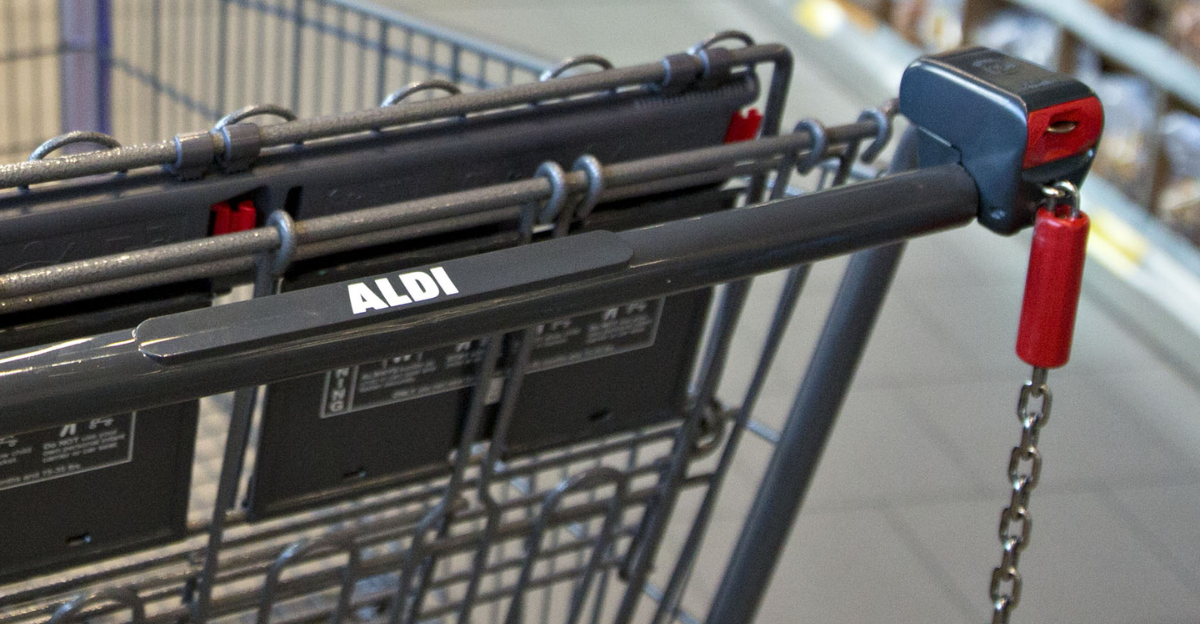
Aldi’s quarter-cart system and bring-your-own-bag policy are meant to streamline operations and promote sustainability—but they’re not for everyone. Forgetting a quarter can make shopping frustrating, especially for quick or impromptu trips.
And without reusable bags on hand, customers must either buy new ones or struggle to carry groceries. These steps, though small, can feel like unnecessary barriers in a retail world focused on ease and convenience. For shoppers used to seamless experiences at other chains, Aldi’s self-serve model can come across as rigid and outdated.
While these policies do save Aldi money—and help keep prices down—they often add more friction than value, leaving some customers wondering whether the inconvenience is truly worth the modest savings at checkout.
6. The Private Label Gamble—When Brand Loyalty Backfires
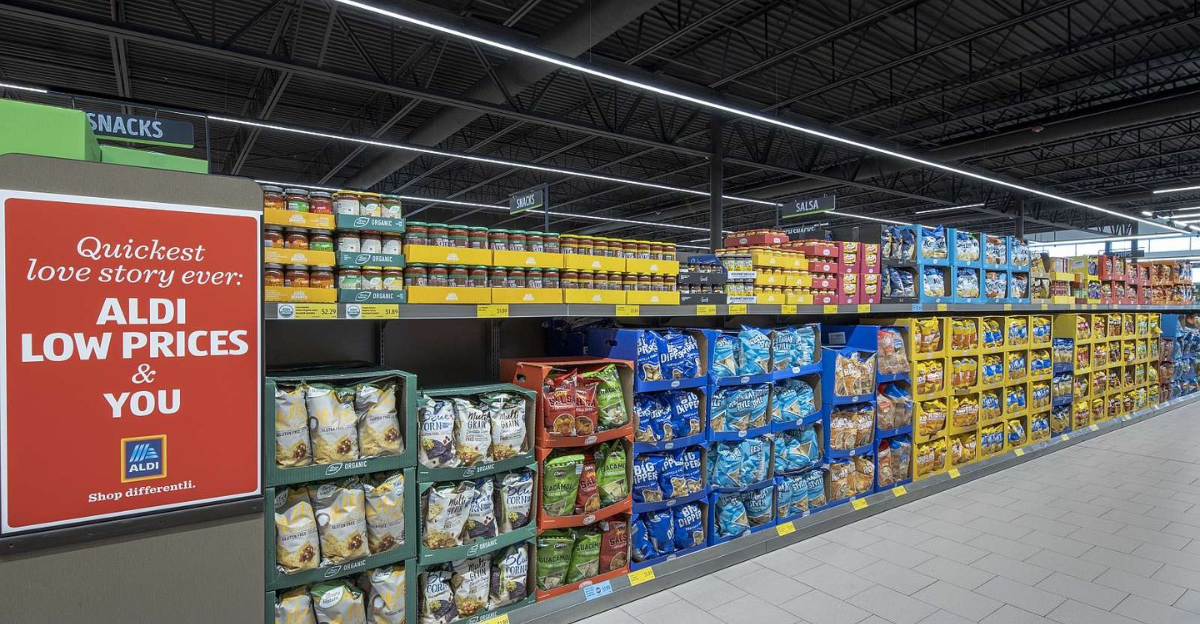
Aldi’s shelves are filled with private-label products, which can offer good value—but not always consistency. For customers with brand loyalty or dietary needs, the lack of name-brand choices can be disappointing. Even fans of Aldi’s private labels note that some items vary in quality or taste.
Specialty items, organic foods, or international products are also in short supply. This creates an extra challenge for those with food sensitivities or specific preferences, who often need to shop elsewhere for essentials.
While some private-label items impress, others fall short, leaving customers to gamble with every new purchase. For many, brand trust matters—and when you can’t rely on your go-to products, Aldi’s promise of value starts to feel like a compromise.
7. Shelves Run Empty—Why Stockouts Frustrate Aldi Shoppers

Aldi’s tight inventory system means that when products sell out, they’re often gone for days. This can be especially frustrating with advertised specials, seasonal items, or fast-moving staples. Without rain checks or substitutes, customers are left empty-handed, forced to return later or head to another store.
Aldi’s model creates urgency, but it also breeds disappointment—particularly for those with limited time or fixed shopping routines. Stockouts not only disrupt weekly plans but also chip away at Aldi’s image as a reliable retailer.
While efficiency is a core part of the brand, customers increasingly expect consistency and availability. And when that’s missing, even die-hard fans may start to question whether Aldi’s minimalist approach is truly serving their needs in a meaningful way.
8. The No-Frills Experience—When Minimalism Feels Like Neglect
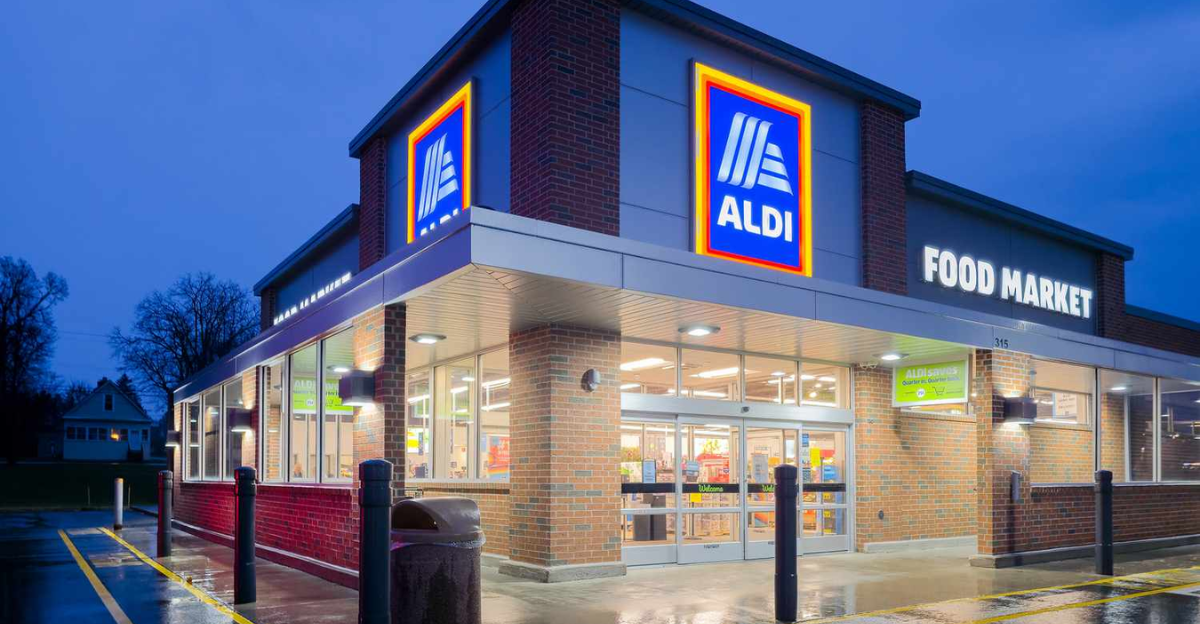
Aldi’s sparse design and no-frills environment are intended to emphasize function over form—but for some, the experience can feel sterile or uninviting. With little décor, minimal signage, and no loyalty programs, shopping at Aldi can seem transactional rather than engaging.
While other supermarkets aim to create a sense of community or offer enjoyable extras—like samples, in-store events, or helpful promotions—Aldi largely avoids those frills. Over time, this stripped-down setup may feel less like streamlined shopping and more like a missed opportunity.
In an age where consumers value both savings and experience, Aldi’s minimalist approach risks alienating those who want more than just a quick in-and-out. For many, retail isn’t just about cost—it’s also about feeling welcome and seen.
The Big Picture—Should You Still Shop at Aldi?

Aldi transformed grocery shopping with its low prices, efficient stores, and no-nonsense model. But in today’s evolving retail landscape, cracks are starting to show. Shoppers now face rising prices, limited product options, inconsistent quality, and less-than-stellar service.
These trade-offs may no longer make sense, especially when alternatives offer better value across the board. What once felt refreshingly simple can now feel restrictive, frustrating, or outdated. With more choices than ever, consumers are demanding more from their grocery experience—including variety, reliability, and comfort.
Aldi still has its loyal fans, but the tide may be turning. If you find yourself constantly compromising to shop there, it might be time to ask: is the discount still worth the hassle—or is it time to move on?
Discover more DIY hacks and style inspo- Follow us to keep the glow-up coming to your feed!

Love content like this? Tap Follow at the top of the page to stay in the loop with the latest beauty trends, DIY tips, and style inspo. Don’t forget to share your thoughts in the comments — we love hearing from you!